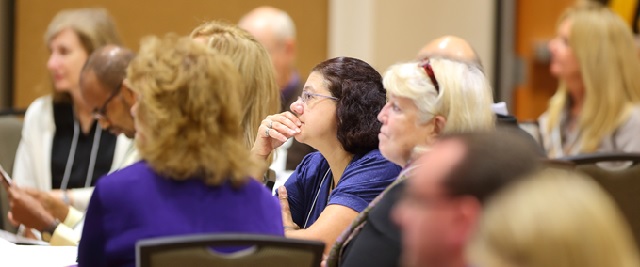
Complete Schedule
Presentation Type
Open Access Breakout Session
Abstract
This session shares selected results from a national survey, funded by the U.S. Office of Research Integrity, to investigate the perceptions of research misconduct by faculty researchers from four disciplinary areas (biology, social work, sociology, and psychology). About 4,500 faculty from 107 randomly selected research-intensive and master’s comprehensive universities were invited to participate, leading to a response rate of approximately 40%. Respondents assessed scenarios depicting researcher misbehavior and reported how likely they would be to take those actions under the same circumstances. They also rated their perceptions of how wrong the actions were, how likely the actions were to become known to others, and what sanctions might be applied if the actions were to become known. In addition, respondents reported their perceptions of organizational justice in their own research environments as well as external funding expectations and publication productivity.
Start Date
18-9-2015 2:00 PM
End Date
18-9-2015 3:00 PM
Event Host
Center for Academic Ethics, University of Northern Iowa
Department
Department of Psychology
Department
Center for Academic Ethics
Copyright
©2015 Anita Gordon and Helen Harton
File Format
application/pdf
Recommended Citation
Gordon, Anita and Harton, Helen, "Factors Contributing to Faculty Research Misconduct" (2015). Ethics Conference. 13.
https://scholarworks.uni.edu/ethicsconf/2015/all/13
Factors Contributing to Faculty Research Misconduct
This session shares selected results from a national survey, funded by the U.S. Office of Research Integrity, to investigate the perceptions of research misconduct by faculty researchers from four disciplinary areas (biology, social work, sociology, and psychology). About 4,500 faculty from 107 randomly selected research-intensive and master’s comprehensive universities were invited to participate, leading to a response rate of approximately 40%. Respondents assessed scenarios depicting researcher misbehavior and reported how likely they would be to take those actions under the same circumstances. They also rated their perceptions of how wrong the actions were, how likely the actions were to become known to others, and what sanctions might be applied if the actions were to become known. In addition, respondents reported their perceptions of organizational justice in their own research environments as well as external funding expectations and publication productivity.



Comments
Location: Maucker Union - Breakout rooms